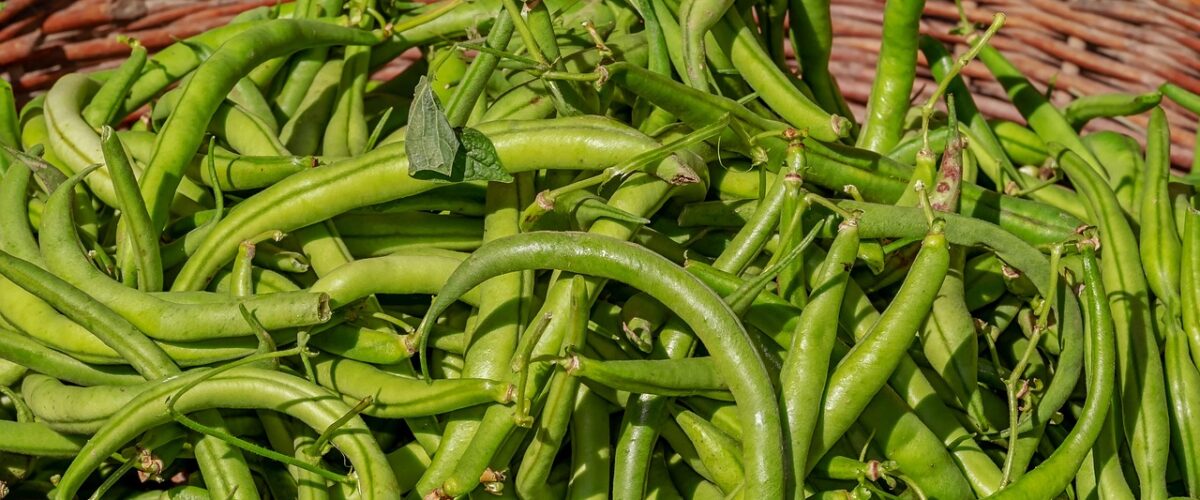
One of the new food intolerances, FODMAP intolerance could actually play a role in irritable bowel syndrome, or "functional colopathy". LACTOLERANCE helps you to better understand the symptoms linked to the poor absorption of FODMAPs by the body, so that you can detect whether or not you are intolerant to these fermented carbohydrates.
What are FODMAPs?
FODMAPs or "fermentable foods" are sugars that ferment quickly in the intestines. There are 4 main categories, comprising foods that should be eaten in moderation or even banned from the diet. diet in cases of FODMAP intolerance.
- Oligosaccharides are found in cereals (wheat, barley, rye), vegetables (artichoke, fennel, leek) and pulses (lentils, chickpeas).
- Examples of monosaccharides include cherries, apples, pears, honey, refined white sugar and glucose-fructose syrup.
- Disaccharides are particularly present in milk and unripened fresh cheeses. foods with varying levels of lactose.
- Polyols can be found in apricots, peaches, cauliflower, chewing gums and certain industrial sweets.
Some foods contain several types of FODMAP, such as apples and pears. This sometimes makes it difficult to identify the carbohydrates responsible for the undesirable effects experienced by people with FODMAP intolerance.
FODMAP intolerance: how to identify it?
In the same way as for an intolerance to lactose or glutenPeople who are intolerant to FODMAPs experience digestive problems of varying degrees of severity and discomfort after eating foods containing FODMAPs.
People who are intolerant to FODMAPs experience a certain amount of digestive discomfort as part of their intolerance. Abdominal pain, bloating, constipation, diarrhoea: FODMAP intolerance manifests itself in a number of ways. It is thought that FODMAPs regularly provoke reactions that are wrongly attributed to gluten.
To determine whether or not you are intolerant to FODMAPs, we encourage you to carry out a FODMAP test. breath test to glucose or lactulose with a gastroenterologist. If the hydrogen expired increases rapidly, the test is positive and you are indeed intolerant to these fermentable sugars.
What should I do if I'm intolerant to FODMAPs?
As a lactose intolerant person, you need to follow a low FODMAP diet if you want to enjoy optimal digestion on a daily basis. It is generally advisable to start by choosing a diet free of fructans, which belong to the oligosaccharides and are carbohydrates closely related to gluten. For a month or so, limit your consumption of gluten-containing cereals, sweet potatoes, beans, garlic, onions, etc. to a minimum.
If your digestive problems disappear, then fructans are probably to blame for your FODMAP intolerance. If they persist, always avoid eating fructans as much as possible and proceed to eliminate another group of FODMAPs to find the triggers of your digestive problems.
Before making any changes to your diet, it is strongly recommended that you consult a health professional so that you can change your eating habits in the best possible way.

Hello, I'm Vincent
Like you, I'm lactose intolerantI know exactly what you're going through and the difficulties you encounter on a daily basis. For over 10 years, I've been helping our customers to use our dietary supplements and giving advice and tips on how to improve their digestive comfort. I'm also a keen cook and gourmet, so you'll find my favourite recipes for a lactose-free diet in this blog.
Lactose intolerance is not inevitable! With LACTOLERANCE you can digest with complete peace of mind





